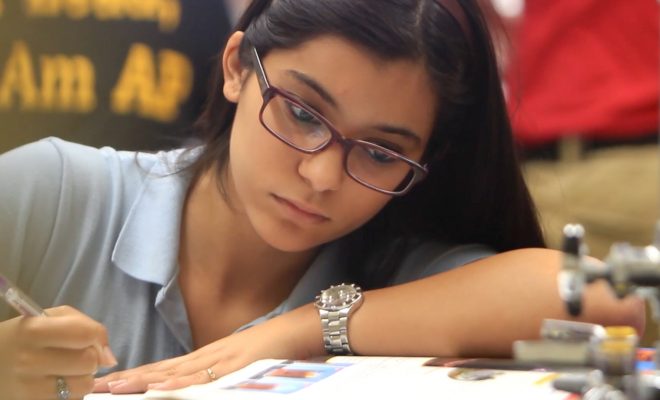4 Reasons Why Classrooms Need Diversity Education

School climate and school culture directly impact student success. As a result, it is particularly important for the school culture (and the classroom culture) to reflect, acknowledge, and celebrate diversity. Taking these feel-good ideals and making them a reality can be tough for educators, especially with so many other initiatives on their ever-tighter schedules.
But I think that this is so important that as an educator, you must take the time to do it. How to celebrate diversity in the classroom is another article, but for now, I want you to begin your journey with knowing exactly why it’s important.
1. Because the idea of “diversity” is not even that straightforward. Not only must schools recognize diversity evident among broad racial and ethnic groups (e.g., Asian or Hispanic), but the diversity within these groups must be recognized as well. For example Chinese and Japanese students may share common cultural characteristics as a result of being Asian, but will also have distinctly Chinese and Japanese cultural characteristics that differ from each other. The same is true of Caucasian students who come from vastly different family backgrounds, even from the same neighborhoods. In the interest of treating students equally, giving them equal chances for success, and equal access to the curriculum, teachers and administrators must recognize the uniqueness and individuality of their students.
2. Teachers have a particular responsibility to recognize and structure their lessons to reflect student differences. This encourages students to recognize themselves and others as individuals. It also encourages the appreciation of a diverse school population, and brings a sense of connection between disparate cultural heritages within a single school’s culture. It is certainly in the best interest of students and teachers to focus on the richness of our diversity. Recognizing and acknowledging our differences is part of treating students fairly and equally.
3. So that you can facilitate the process of learning overall. One reason for seeking out and acknowledging cultural differences among students is the idea that learning involves transfer of information from prior knowledge and experiences. To assist in this transfer process, it is important to acknowledge the students’ background, and to validate and incorporate their previous knowledge into the process of acquiring new information. All students begin school with a framework of skills and information based on their home cultures. This may include a rudimentary understanding of the alphabet, numbers, computer functions, some basic knowledge of a second language, or the ability to spell and write their names. It also includes a set of habits, etiquette and social expectations derived from the home.
4. So that you can help students assimilate what they learn with what they already know. If a student cannot relate new information to his own experiences, or connect the new material to a familiar concept, he may perceive the new information as frustrating, difficult or dismiss it completely, believing it to be in conflict with his already tenuous understanding of the world. Teachers have the responsibility to seek out cultural building blocks students already possess, in order to help build a framework for understanding. Some educational pedagogy refers to this process as “scaffolding.” Recognition of a student’s cultural differences provides a positive basis for effective learning, and a “safe” classroom environment. Every group of students will respond differently to curriculum and teachers must constantly adjust to be sure their methods are diverse, both in theory and in practice.
What are some easy ways you’ve found to promote diversity in your classroom? Leave a comment below.
Also, if you’re interested in learning more about how you can celebrate diversity in class, here are some tips I have for you.






